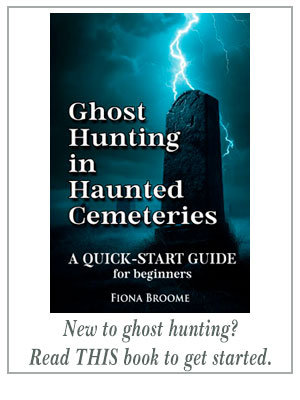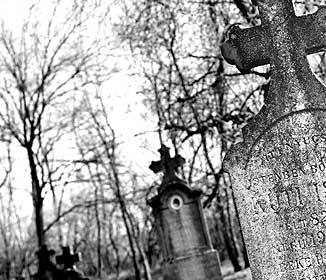 Many people have asked me about finding and joining a local ghost hunting group.
Many people have asked me about finding and joining a local ghost hunting group.
THE BASICS
First, be sure to read the articles in my free ghost hunting course, Introduction to Ghost Hunting.
From the second lesson:
Locate at least one ghost hunting group in your area. Search at Google, Yahoo, etc., using the name of your city or town, plus the word “ghosts.” If that doesn’t work, try your county name and the word “ghosts.” If that still doesn’t help, try your state or regional name, and the word “ghosts.”
If you don’t find a local group, or none of them are right for you, ask friends if they’d be interested in ghost hunting at dusk or later.
When think that you have enough people — and collective expertise — to try a ghost hunt, choose a well-known haunted site (a place that’s open to the public) and visit it shortly before dusk.
If you decide to start your own group, be sure to take my free course first, and carefully read Part 4. Learn what to think about when you launch a ghost hunting group.
COMMITMENTS
If you’re asked to sign an agreement, make sure that you can leave the group easily — and without penalties of any kind — if it’s not a good match for your interests.
If there are any “non-disclosure” terms, don’t join that group. Be suspicious of anyone who’s keeping secrets from others.
THE MONEY QUESTION
Groups may charge a small fee to cover their actual expenses. However, be sure you know where the money goes and be certain that you’re getting your money’s worth.
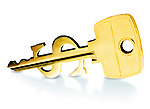 Don’t pay anyone for anything at all, unless the price is extremely low. It’s not that the course (or whatever) isn’t worth it, but if you’re on a shoestring budget or beginning this as a hobby, for now, there’s no reason to pay someone over $100 for.. well, anything.
Don’t pay anyone for anything at all, unless the price is extremely low. It’s not that the course (or whatever) isn’t worth it, but if you’re on a shoestring budget or beginning this as a hobby, for now, there’s no reason to pay someone over $100 for.. well, anything.
Of course, weekend conferences and professionally-taught courses are an exception to the $100 rule. But, even then, don’t spend money you can’t afford.
If you pay in advance for a class, a conference, or a ghost-related event, always get a written receipt with the refund information on it. Don’t be uncomfortable about asking for one.
You can dispute payments made through PayPal, but it helps if you have either an email stating refund terms, or a screenshot of the group/event’s website page explaining refund policies.
Here are a few other points to watch for.
- Don’t pay anyone an “investment” fee to be part of an entourage or work with anyone. (At least one questionable investigator is using that term to solicit money.)
- Don’t buy supplies for anyone or any group, with the idea that you’ll be paid back in the future or given special status.
- Don’t believe anyone’s promises that they’ll make you a star or build a career for you. (That’s another line some con artists use.)
You can learn ghost hunting without spending a cent. It’ll take you more time than if you took classes with a professional (or a good, experienced group), but you can acquire a very solid foundation in paranormal research, on your own.
MAKING CONTACT
Have patience when you contact groups. The good ones are overloaded with work, and under-staffed.
(Each year, the media begin contacting me in July for Halloween-related interviews. So, don’t expect quick responses from any professional-level group, from September through mid-November.)
Affiliate with no group until you’ve worked with them for at least a month. Well, except TAPS, maybe. (That is, the real TAPS and their family of investigators, not some group that’s illegally using the TAPS name.)
Other than that… get a good sense of whether the chemistry works and if their views fit with yours, before you make any kind of commitment.
IN GENERAL
Most ghost hunting groups have a website. You can usually find them with Google, combining “ghost hunting” and your town or city name.
If a group has been around for at least two or three years, and you respect the members, ask if you can join them for a few ghost hunts.
If you can’t find a local group, go to free events at bookstores, etc., related to paranormal topics. (They’re most popular around Halloween.) Ask friends at school or work if they’re interested in ghosts and haunted places.
Find at least two or three people to explore ghost hunting with you, and you’ll soon attract others with similar interests.
The vast majority of ghost enthusiasts are wonderful people and you’ll enjoy your research with them. However, it’s smart to be cautious at first.
Use common sense. Don’t be afraid to admit if you’re uncomfortable with a person or a group, or if a haunted location seems “not right.” Leave immediately, and then see if you can figure out what bothered you.
Participate in ghost research and investigations as long as it’s fun and interesting. That could continue for a month, a year, or much longer.
With no formal system of credentials and certification, this field can seem confusing to newcomers. However, with just a little experience, you’ll soon learn the questions to ask and what to look for when you accompany a group on an investigation.
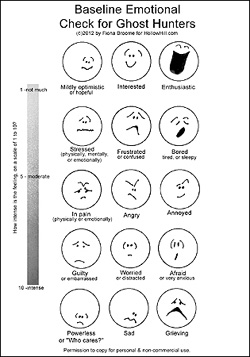 Let’s say you’re ghost hunting.
Let’s say you’re ghost hunting.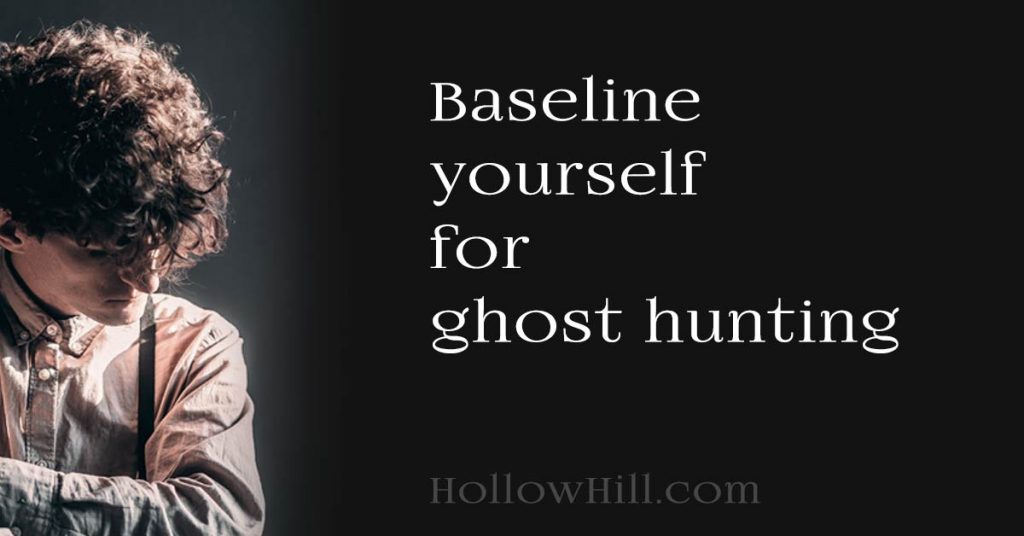

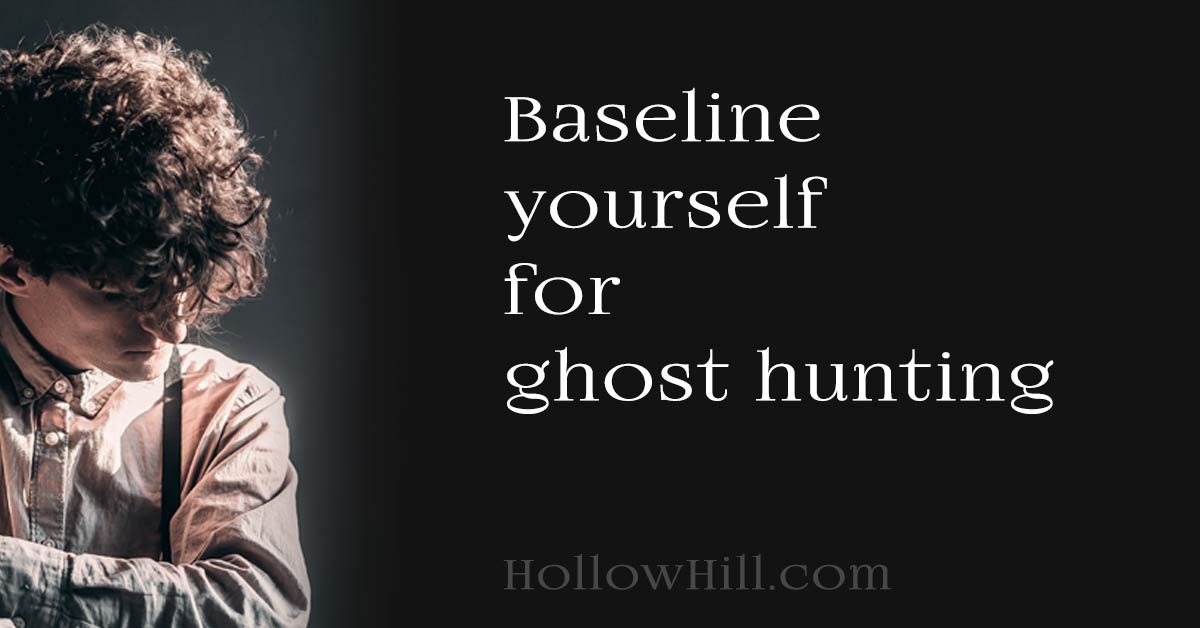

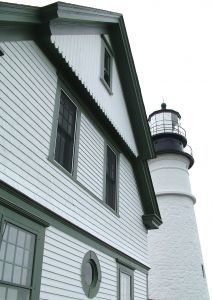 TV shows don’t represent how many houses we visit that aren’t haunted.
TV shows don’t represent how many houses we visit that aren’t haunted.  Many people have asked me about finding and joining a local ghost hunting group.
Many people have asked me about finding and joining a local ghost hunting group. Don’t pay anyone for anything at all, unless the price is extremely low. It’s not that the course (or whatever) isn’t worth it, but if you’re on a shoestring budget or beginning this as a hobby, for now, there’s no reason to pay someone over $100 for.. well, anything.
Don’t pay anyone for anything at all, unless the price is extremely low. It’s not that the course (or whatever) isn’t worth it, but if you’re on a shoestring budget or beginning this as a hobby, for now, there’s no reason to pay someone over $100 for.. well, anything.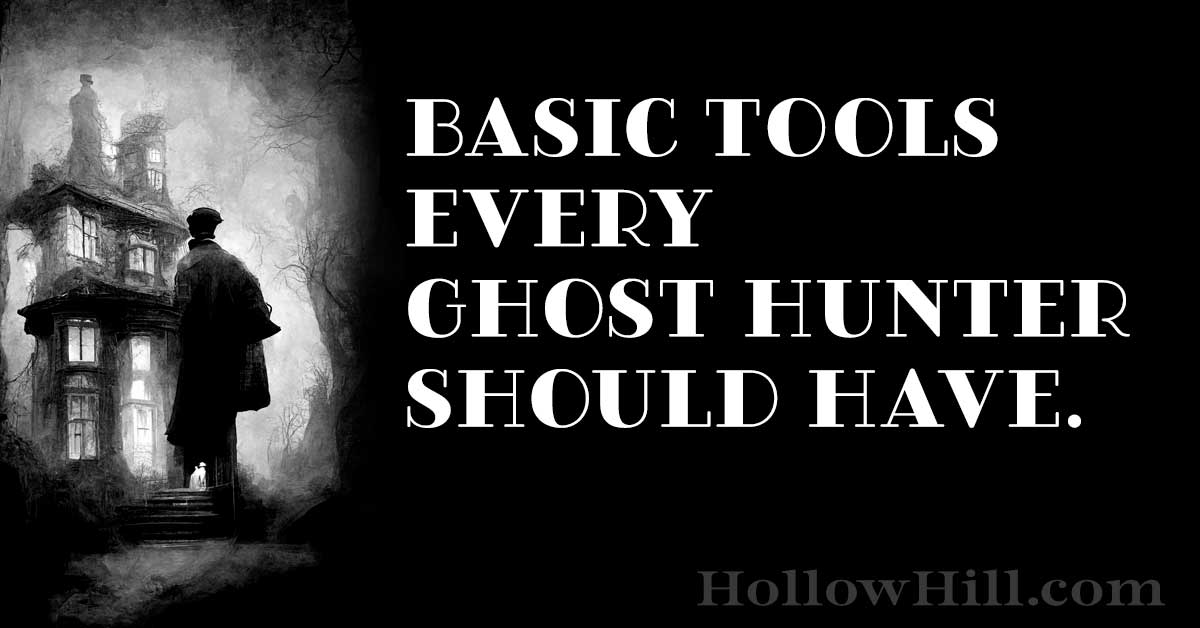
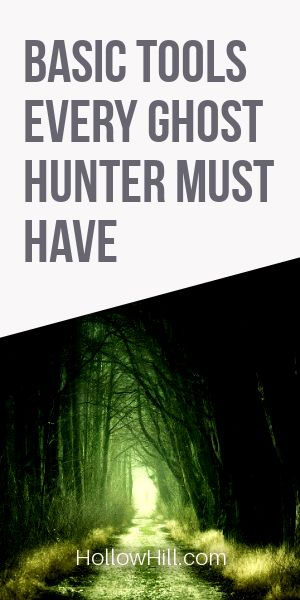 Ghost hunting equipment can be useful in any haunted setting.
Ghost hunting equipment can be useful in any haunted setting.